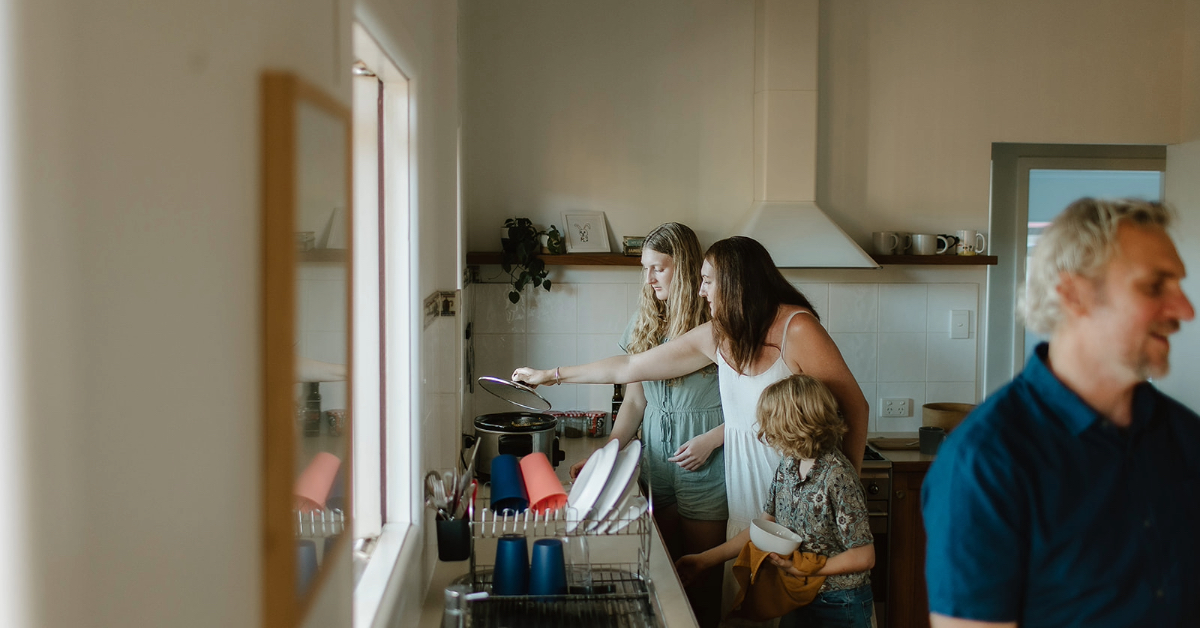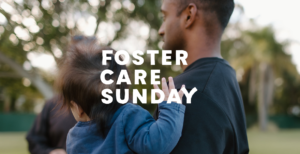15 Foster care myths, concerns & FAQs
Let’s take a look at some of the most common foster care myths and misconceptions, concerns and questions.
I can’t foster because I’m single.
Families come in all shapes and sizes. You can be single, married, later in life and be able to provide a loving home for a child or young person.
I need to be rich to be able to foster.
You do not need to meet a certain income level to foster, however you do need to be able to meet your family’s financial obligations.
I don’t have parenting experience.
Parenting experience is certainly not require; the important thing is to be prepared to learn along the way. Foster Carers receive training and support along the way. Many carers are people without children, or whose children have grown up and left home. Carers need patience, empathy and the time to build a positive, supportive relationship with a child or young person.
I’m renting and don’t own my own home.
You can own or rent and apartments are ok! You do need to be able to provide appropriate sleeping arrangements for the child/young person. Generally, you do need to be able to provide a child with their own bedroom or a bedroom to share if it’s a group of siblings. Also refer to Home & Environment Check.
I can’t be a Foster Carer if my spouse and I work full-time.
Like many families, there are lots of foster families where the carer or carers work full-time or part-time. The most important thing about being a Foster Carer is about providing a safe and stable home for children and young people. Child Care options can be provided for as part of a child’s Care Plan, depending on their age and particular needs.
I don’t have time to be a Foster Carer.
Being a Foster Carer doesn’t have to mean being available all day every day – there is a need for carers to provide different types of care – emergency, Respite Care (one weekend a month), short term, or long term.
I have no control over which children I’m asked to foster.
Your preferences are outlined as part of the application and assessment process and all requests for placements will be discussed with the Case Worker and can be declined.
The impact on my biological children will be too great.
Your current family situation is considered as part of the accreditation process. Training is provided for biological children and parents report that fostering can be a great learning experience for the whole family. Living with foster children is reported to encourage positive experiences such as sharing, responsibility, caring and independence. The reality is that some of the biggest advocates are the children of foster carers who are vocal about how much they enjoy sharing their lives with other kids. The needs of each family are assessed by the agency and there is a process of placement matching to ensure your family and the child in care are supported. Your biological children and your foster child/ren will learn from each other.
It would break my heart to give a child back.
When children come into Foster Care, the first aim is always reunification with their family. Foster Carers should see themselves as a part of the child’s journey to a safe, loving, long-term home. Sometimes that home will be back with their family, with a Permanent Care family, or sometimes it will be with the Foster Carer; this decision is made by the Children’s Court. Goodbyes are sad but there is also joy and a sense of peace knowing the child is going to be able to grow up safely surrounded by their forever family. It’s about having the right mindset from the beginning.
I could only care for a baby. I could never foster an older child or teenager because their behaviour would be too difficult.
Because of this myth, there are many teenagers who are in need of loving homes. While many people only want to foster babies, the need is just as great and often greater for homes for older children and teenagers. Caring for older kids can be incredibly rewardingand some Foster Carers prefer fostering teenagers. The opportunity to help a child succeed and provide them the necessary tools to develop into adulthood is something we all want as parents. Carers with older kids also share how rewarding it is to support a young person in learning to drive or joining a sports team, things they may have missed out on in the past. Teenagers are just as likely to be sweet and charming and steal your heart as a baby or younger child will. Older children come with lots of personality, a sense of fun and often have an understanding of why they are unable to live with mum or dad. This makes it easier to build a stronger connection with the Foster Carer and for the carer to support their relationship with their birth family.
Most of the children in Foster Care have been physically or sexually abused.
While some children are in the care system due to physical or sexual abuse, the primary reason is emotional abuse or neglect (AIHW). Not all children in care have experienced abuse or neglect. Some may enter care because their families couldn’t meet their high needs such as medical needs or very challenging behaviours. Some parents ask for their children to be taken into care, either for a short or long time, to enable them to cope and for their children to receive the support and care they need.
I don’t know how to deal with complex behaviours.
Children who enter Foster Care can come with some complex behaviours. There can be trauma that may have occurred while in their family home and trauma caused by being separated from their family. By being a patient, supportive, loving and predictable adult in their life, Foster Carers help children to heal and grow. Carers receive training in how to handle complex behaviours and trauma and 24/7 on-call support is provided by Agency Case Workers.
What support will I receive?
Your Agency will provide support throughout the process from your initial enquiry, provide full training and 24/7 support once accredited. Your agency will allocate you a Case Worker who will be your main contact. There will be a team supporting your Case Worker, who you can also turn to if your Case Worker is not available. After accreditation you can access additional training and many agencies facilitate support groups.
Will I be compensated?
There are a range of financial supports available, including a care allowance and client support funding. State and Territory Governments may also provide financial and other supports to assist you and the child or young person in your care. The Commonwealth Government also provides benefits that are available to the broader community.
It is the role of the department, agency and care teams to support carers to identify and access the full range of financial supports available, to help vulnerable children and young people thrive and participate fully in their lives and in their community.
Will I meet the child’s parents?
Engagement with the parents of a child in care is generally not commonplace. In most cases access visits are facilitated by agency staff at a mutually convenient time and location. The personal information of carers – including addresses – is kept confidential in line with privacy legislation and agency policies. It is important to keep in mind that a positive attitude towards birth families and efforts to engage with them in positive ways as appropriate can have positive effects on the child in your care.
If you’re interested in exploring Foster Care further check out Become a Foster Carer or our Foster Care: First Steps resource.
If we can help you explore this space please get in touch at hello@homewardproject.org








